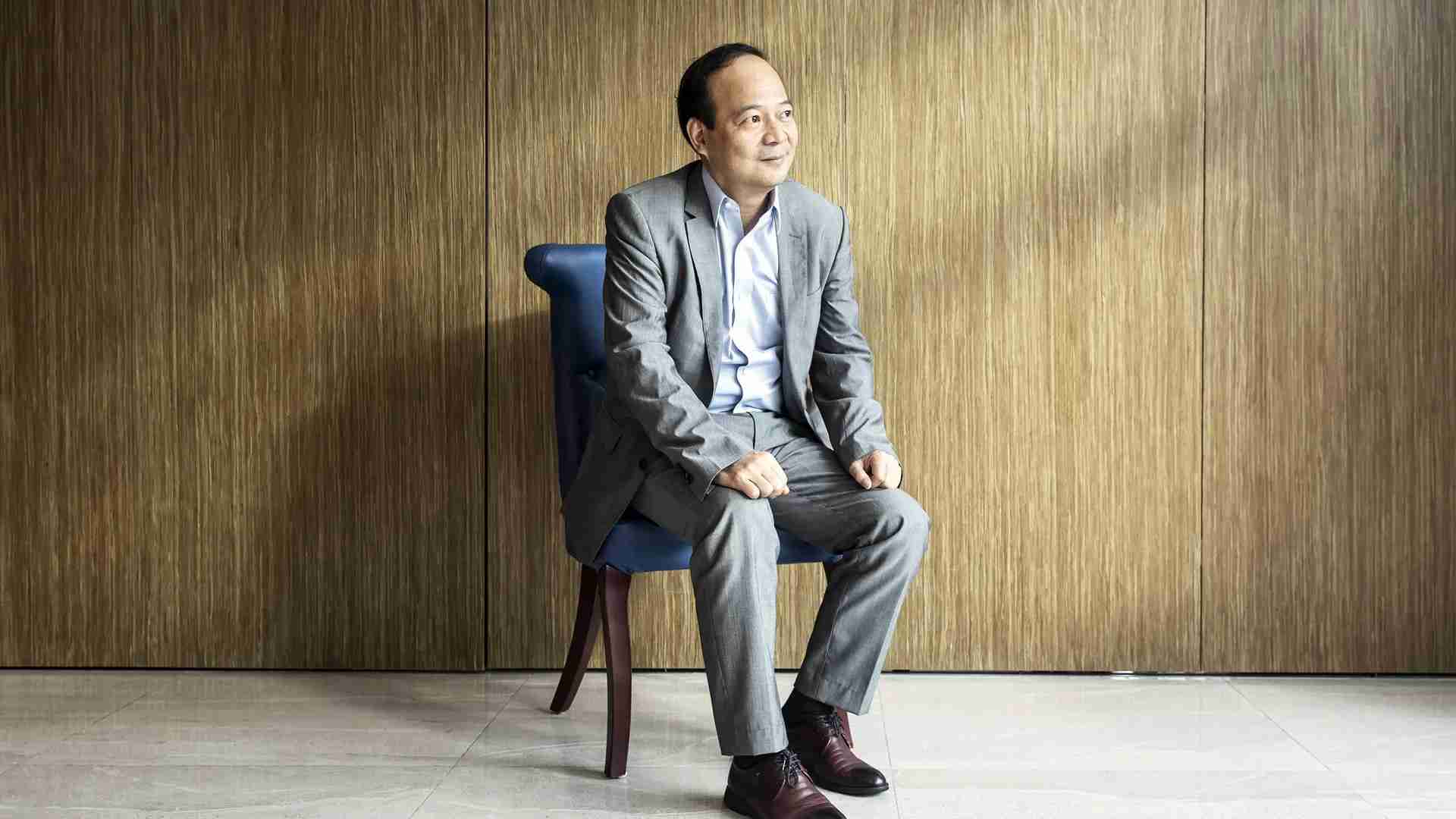While the name CATL may not immediately sound familiar, brands that rely on their batteries such as Tesla, Kia and BMW do. The company suppliesmore than 30 per centof the world's EV batteries. Its founder and chairman, Zeng Yuqun, has quickly emerged as a key player in the eMobility sector. Under his leadership, CATL's valuation has grown to 1.2 trillion Chinese yuan (about €161 billion) by 2023, more than the combined value of General Motors and Ford.
The origins of CATL
CATL's story begins with visionary CEO Zeng Yuqun, who entered the world of EV batteries in 2010. The meeting with Herbert Diess, then purchasing manager for BMW, marked a turning point. Diess was instrumental in convincing Zeng, which originally produced phone batteries, to make the switch to the growing electric vehicle market.
Zeng Yuqun initially hesitated because of technological limitations but he was persuaded to meet the growing demand for electric cars. BMW therefore became CATL's first major customer.
Financial superpower
Under the leadership of Zeng Yuqun, CATL has achieved impressive milestones, with its market value recently reaching 1.2 trillion Chinese yuan (about €161 billion). This remarkable achievement not only places them at the heart of the eMobility industry, but also surpasses the combined market value of automotive giants such as General Motors and Ford.
During the first three quarters of 2023, CATL has been able to steadfastly maintain its 32% market share. That is a significant difference from LG, the number two in the market, which can 'only' claim a 16.7% market share. CATL is clearly making its mark on the market, while others are struggling to keep up.
And this position gives them a big advantage. The scale at which the manufacturer operates allows it to be selective in its contracts and pass on the rising prices of raw materials such as lithium to its customers.
Major automotive battery cell suppliers on a GWh basis.
Strong influence on the electric mobility sector
The scale at which CATL operates gives it not only a lot of influence but, also the ability to shape the future of the electric mobility sector. By continuing to embrace technological innovations, CATL plays an important role in setting standards in the EV industry.
A notable feature of CATL's recent history is its strong focus on research and development. In the period between 2020 and 2021, the company has more than doubled the number ofR&D-employees,a clear indication of its commitment to technological advancement. With more than 10,000 dedicated R&D staff, CATL has acquired the ability to develop new products every year. These products are not only tailored to current market needs, but they are also designed with the future in mind.
CATL currently has extensive production facilities not only in China, but also in Germany, Japan, France and the United States. In Germany, one of their 'gigafactories'is responsible for producing as many as 30 million battery cells a year, which is enough to supply 350,000 electric vehicles with batteries.
The company also has plans to become the largest battery manufacturer in Europe with the planned second gigafactory inHungary.It is expected that 44% of planned battery capacity in Europe will be supplied by Asian companies by 2030, with CATL topping the list. In political circles, this development has caused some concern. It would create too much dependence on foreign producers for this essential technology.
Opposition from the West
But the road to success also brings challenges for the Chinese manufacturer.
The western world has previously questioned the quality and safety standards of batteries produced by CATL. In December 2023, Duke Energy, a leading US company, choseto disconnect all CATL batteries from their US military base, following concerns from local politicians about safety and CATL's association with the Chinese government.
CATL reacted strongly, calling the allegations "false" and "misleading" and stressing in an official statement that their business activities and products do not collect, sell or share sensitive data.
The struggle for resources
In response to the growing need for lithium, a crucial component of rechargeable batteries for EVs, CATL has also secured new supplies. In early 2023, it invested$ 950 million in a Chinese lithium mine. At the same time, the company is rapidly developing new products to address existing raw material problems in the industry.
In July 2021, the battery manufacturer announced plans to start producing sodium-ion batteries. Sodium is cheaper and also has no inventory problems like cobalt and lithium. The United States has about 90% of the world's mined reserves. The state of Wyoming has47 billion tonnes of sodium(salt) in its Green River basin. Choosing these raw materials is not only beneficial because of their safety characteristics and availability, but it also has a positive impact on consumers. The production cost of sodium batteries could be expected to fall by as much as 30 per cent, making them significantly cheaper to produce.
Availability of raw materials on Earth
Pluginsights
Find out all about the EV Sector and gain new insights into the transition to eMobility.
